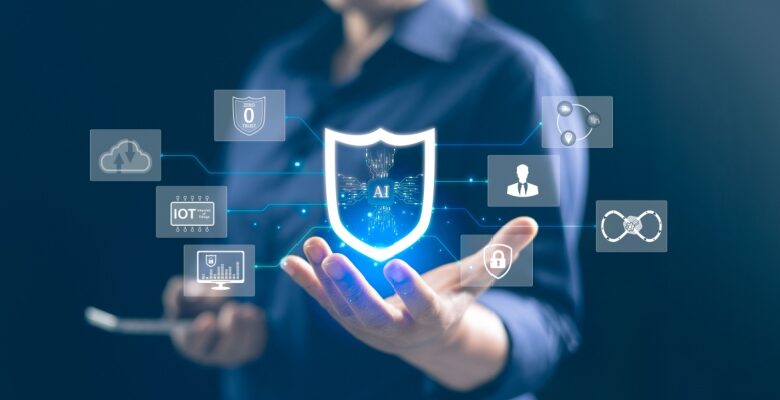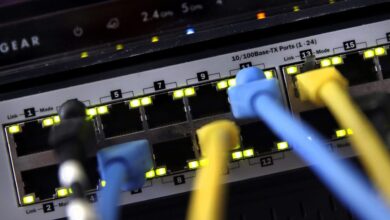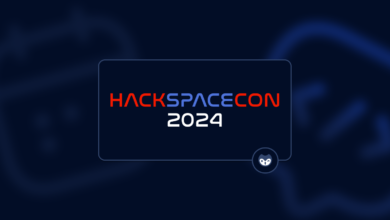SolarWinds and Bitdefender AI Operations Report

- The Bitdefender and SolarWinds reports for 2024 provide key insights into the opportunities, challenges, and trends of AI, operations management, and security.
- Here, we compare the key findings, statistics, and recommendations of the reports, highlighting essential perspectives.
The SolarWinds IT Trends Report 2024 — AI: Friend or Foe? report focuses on AI’s positive and negative impacts on IT professionals. It discusses important areas of concern, such as changes in confidence in AI adoption, privacy and security issues, efficiency improvements, and data quality issues.
The report covered around 700 IT professional respondents, including senior managers, directors, VPs, and staff in operations, IT development, and service management in tech, finance, telecom, manufacturing, and healthcare.
On the other hand, the Bitdefender report discusses the changing landscape of cybersecurity, particularly emphasizing the issues of managing cloud infrastructure and the evolving nature of AI-based threats. It covers cloud security, data breaches, and managed detection and response, with cybersecurity respondents from multiple industries. Let us look at some of the key insights.
Tech Adoption and Implementation
The SolarWinds report has shown growing confidence in AI adoption, with around 88% of organizations either adopting or planning to adopt AI. On the other hand, around 47% of entities have cited privacy issues and problems with data quality as a major concern. Other key statistics include:
- Positive Opinion on AI: 90% of surveyed IT professionals have a positive opinion of AI.
- Investment: 65% have invested over $5 million, and 31% have invested over $25 million in AI technology.
According to the Bitdefender report, 94% of respondents have confidence in their ability to respond effectively to security threats. Threat actors’ use of AI and complications in maintaining cloud security remains a major concern.
Efficiency and Productivity
According to the SolarWinds report, 46% of respondents have stated improvements in efficiency and productivity from AI, which is driving up investments. AI is increasingly used to automate everyday tasks, boost operational efficiency, and support data analytics.
While the Bitdefender report notes the benefits of AI, it also focuses on how it enables sophisticated attacks. The report states that 96% of cybersecurity professionals consider AI-enhanced social engineering attacks a major concern.
See More: EU AI Law Raises Concerns About Protection of Trade Secrets
Security and Privacy
According to the SolarWinds report, privacy and security concerns have risen, with 64% of organizations setting up internal guidelines to address AI-related problems. The report advocates better government regulation and ethical AI development efforts. Some important insights include:
- Security as a Barrier: 23% cited security as the most significant barrier to AI integration.
- Privacy Concerns: 47% have experienced negative AI outcomes due to privacy issues.
- Government Regulation: 88% support increased government oversight of AI, with 72% prioritizing security and 64% privacy.
On the other hand, the Bitdefender report covers the importance of a multi-layered security strategy. This can include managed detection and response (MDR) and Cloud Security Posture Management (CSPM) to identify malware threats, including advanced persistent threats (APTs) and ransomware. Proactive threat management and continuous monitoring efforts are more important.
Trust in Data Quality
According to SolarWinds, problems with data quality are proving to be a key hindering factor in the integration of AI. Less than 40% of IT professionals trust the quality of data used by AI models.
The Bitdefender report covers the role of human error and misconfigurations in cloud security, emphasizing the need for data integrity assessments and security audits.
Role of AI in Decision Making
While the Bitdefender report does not focus on AI applications in decision-making, it focuses on the growing importance of automated threat detection and response for cybersecurity.
According to the SolarWinds report, 33% of organizations use AI in an advisory capacity, 20% use the tech as an assistant, and humans retain prominent roles in decision-making. However, only 54% are moderately comfortable with AI making decisions, with most stating the need for human oversight.
Key Takeaways
While SolarWinds advocates adopting AIOps, better government regulations, and ethical AI frameworks, Bitdefender encourages continuous monitoring, better adherence to security standards, and comprehensive endpoint security.
The SolarWinds and Bitdefender reports provide key insights into the rising integration of artificial intelligence in cybersecurity and IT operations, with important insights into productivity improvements and cybersecurity. They emphasize the need for entities to balance these aspects by adopting strong security policies, ensuring data quality standards and oversight to minimize risks while harnessing the benefits. Find out more details about the SolarWinds and Bitdefender reports here and here.



